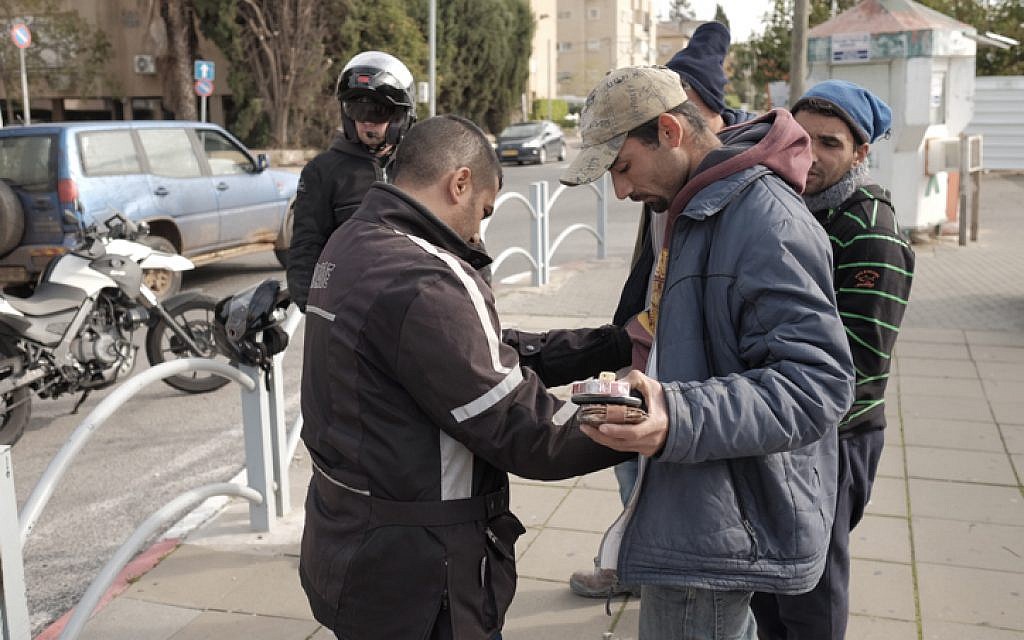Findings from a comprehensive poll conducted by the “Israeli Congress” research group reveal that mistrust and hostility between Jews and Arabs in Israel have increased in the past year.
A year after Operation Guardian of the Walls and the riots in the streets of mixed cities, it seems that the Jewish-Arab rift is only escalating. Findings from a comprehensive poll conducted by the “Israeli Congress,” which studies Israeli society, accompanied by senior researchers from Bar-Ilan University, reveal that mistrust and hostility between Jews and Arabs in Israel have increased in the past year.
The poll, conducted among a sample of 1,140 Israelis under the academic guidance of Dr. Manel Tutari-Jubran of the Faculty of Law at Bar-Ilan University, found that 49% of Jews and 43% of Arabs do not believe that Jews and Arabs can live together in mixed cities.
Some 55% of the Arabs testified that the incidents of violence in mixed cities changed their position regarding living together.
The poll revealed that mistrust between populations is also reflected in routine day-to-day activities. Some 34% of Jews and 55% of Arabs said that they had changed their lifestyle in some way since the events in those cities.
In addition, 20% of Jews said that they fear a random encounter on the street with an Arab, 22% feel uncomfortable receiving medical treatment from an Arab citizen, 42% would not purchase a car from an Arab, and almost two-thirds (65%) rule out selling land or an apartment to an Arab citizen for a variety of reasons.
At the same time, about 40% of Arabs feel hostility from public transportation, places of entertainment and shopping, and government offices. About 38% of them are even afraid to express their position in public and 48% in the workplace.
Some 35% of respondents said they were satisfied with the composition of the government while 18% said they were not, mainly because of the entry of an Arab-Muslim party into the coalition.
When asked whether the composition of the government will affect the national rift between Jews and Arabs, 40% of the respondents believe that it will reduce the rift, while 61% of right-wing voters believe that it will adversely affect and deepen it.
But there are also optimistic results: 77% of Arabs and 72% of Jews think that meetings between the sectors will reduce tensions – and 48% of Jews and 42% of Arabs would take part in joint activities to increase familiarity between the sectors.
About 40% of Arabs think it is true that Arabs will serve in the army (32% for those who are interested, 8% as compulsory service), and 66% think the same about national-civilian service.
“The events of May 2021 left a deep imprint on the Arab and Jewish public, and increased the fears and hostility between the populations even more in the cities involved,” Israeli Congress Director-General Dr. Adv. Gilad Weiner said. “At the same time, we recognize a deep willingness to mend the rifts from those events, to learn about each other and to increase trust between the parties.”

